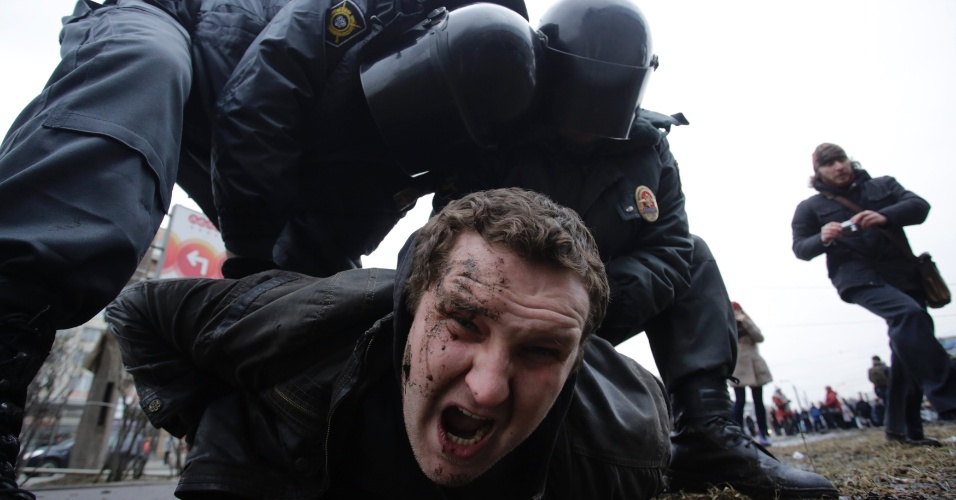During the Cold War, the United States and the Soviet Union faced off in an existential struggle between two antithetical systems. Either the Soviet bloc would “bury” the West, as Soviet Premier Nikita Khrushchev threatened in 1956, or Western principles of democratic accountability, individual rights, and the rule of law would triumph over Soviet totalitarianism. The eventual outcome — the demise of the Soviet system and the expansion of the U.S.-led international order — showed that military power is essential to American national security but also that the United States must advance its goals through the quiet resilience of democratic institutions and the attractive pull of alliances.
After the Cold War, Western democracy became the model of choice for postcommunist countries in central and eastern Europe. Guided by the enlightened hands of NATO and the EU, many of those countries boldly embarked on the transition from dictatorship to democracy. Remarkably, most succeeded. Post-Soviet Russia also had an opportunity to reinvent itself. Many in Europe and the United States hoped that by integrating Russia into international organizations (such as the Council of Europe, the World Bank, and the International Monetary Fund), they could help Russia become a responsible member of the rules-based international order and develop a domestic constituency for democratic reforms. Many Russians also dreamed of creating a democratic, stable, and prosperous Russia. But that dream is now more distant than at any time since the Cold War’s end.
Today, the Russian government is brazenly assaulting the foundations of Western democracy around the world. Under President Vladimir Putin, the Kremlin has launched a coordinated attack across many domains — military, political, economic, informational — using a variety of overt and covert means.
Read More ›››

How to Stand Up to the Kremlin | Foreign Affairs
If Trump continues to overlook Russia's assault on Western democracy, Congress, the private sector, and ordinary Americans must take action.
↱www.foreignaffairs.com
After the Cold War, Western democracy became the model of choice for postcommunist countries in central and eastern Europe. Guided by the enlightened hands of NATO and the EU, many of those countries boldly embarked on the transition from dictatorship to democracy. Remarkably, most succeeded. Post-Soviet Russia also had an opportunity to reinvent itself. Many in Europe and the United States hoped that by integrating Russia into international organizations (such as the Council of Europe, the World Bank, and the International Monetary Fund), they could help Russia become a responsible member of the rules-based international order and develop a domestic constituency for democratic reforms. Many Russians also dreamed of creating a democratic, stable, and prosperous Russia. But that dream is now more distant than at any time since the Cold War’s end.
Today, the Russian government is brazenly assaulting the foundations of Western democracy around the world. Under President Vladimir Putin, the Kremlin has launched a coordinated attack across many domains — military, political, economic, informational — using a variety of overt and covert means.
Read More ›››

How to Stand Up to the Kremlin | Foreign Affairs
If Trump continues to overlook Russia's assault on Western democracy, Congress, the private sector, and ordinary Americans must take action.
↱www.foreignaffairs.com
no subject
Date: 2017-12-06 01:03 am (UTC)People don't get it, I'm afraid.
It looks like the Truman-style contract cancellation for cause
Date: 2017-12-06 03:47 am (UTC)The three or four recent generations of Western business-politicians were petting this monster. They started with the teddy-bear Gorbachev, the easygoing Yeltsin, and now they have meet a Stalin style's partner. No Franklin Roosevelt, no Winston Churchill around, while an uncle's Joe heir is in power having a set of pretty dangerous beanbags.
Re: It looks like the Truman-style contract cancellation for cause
Date: 2017-12-06 04:05 am (UTC)